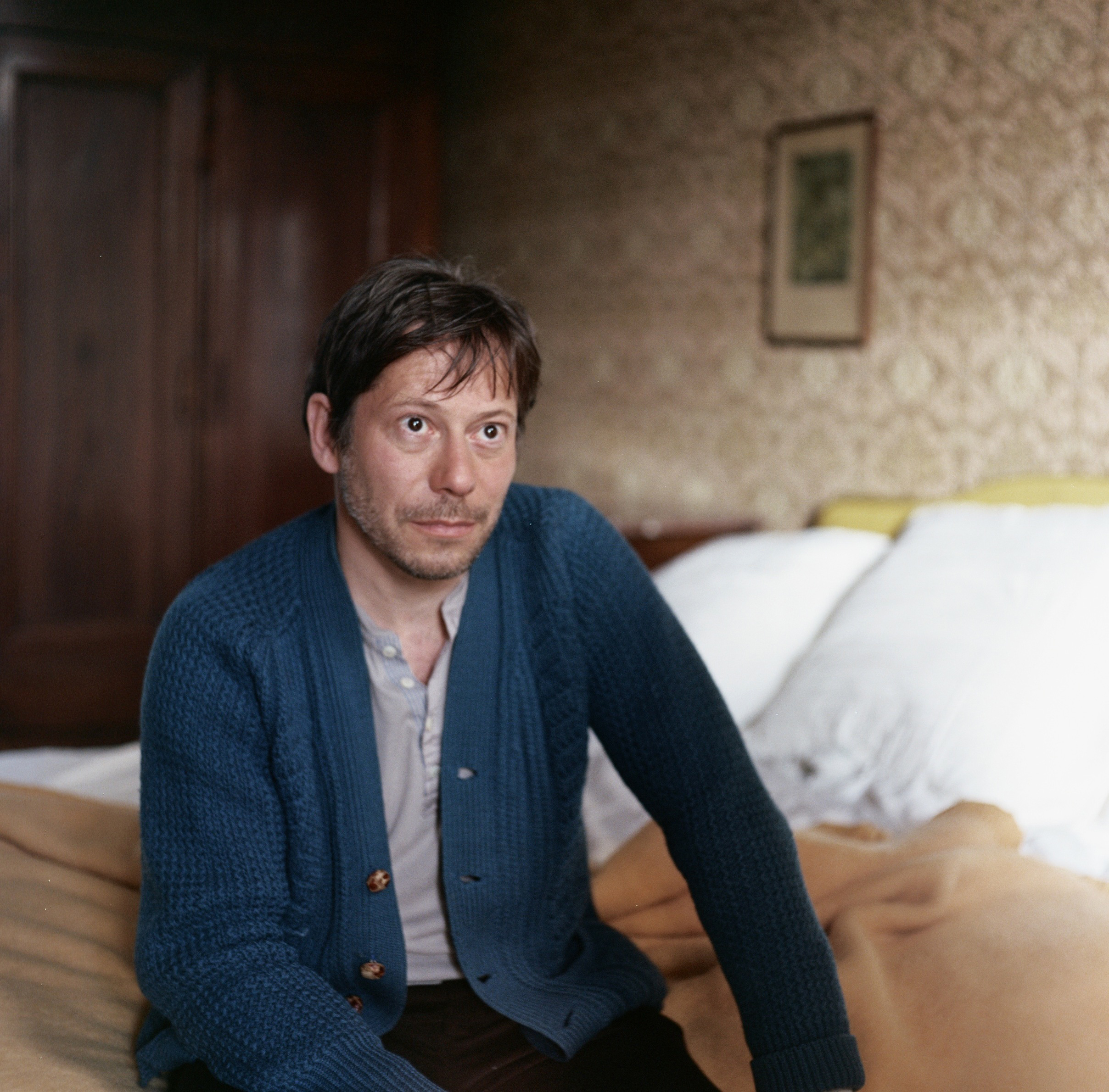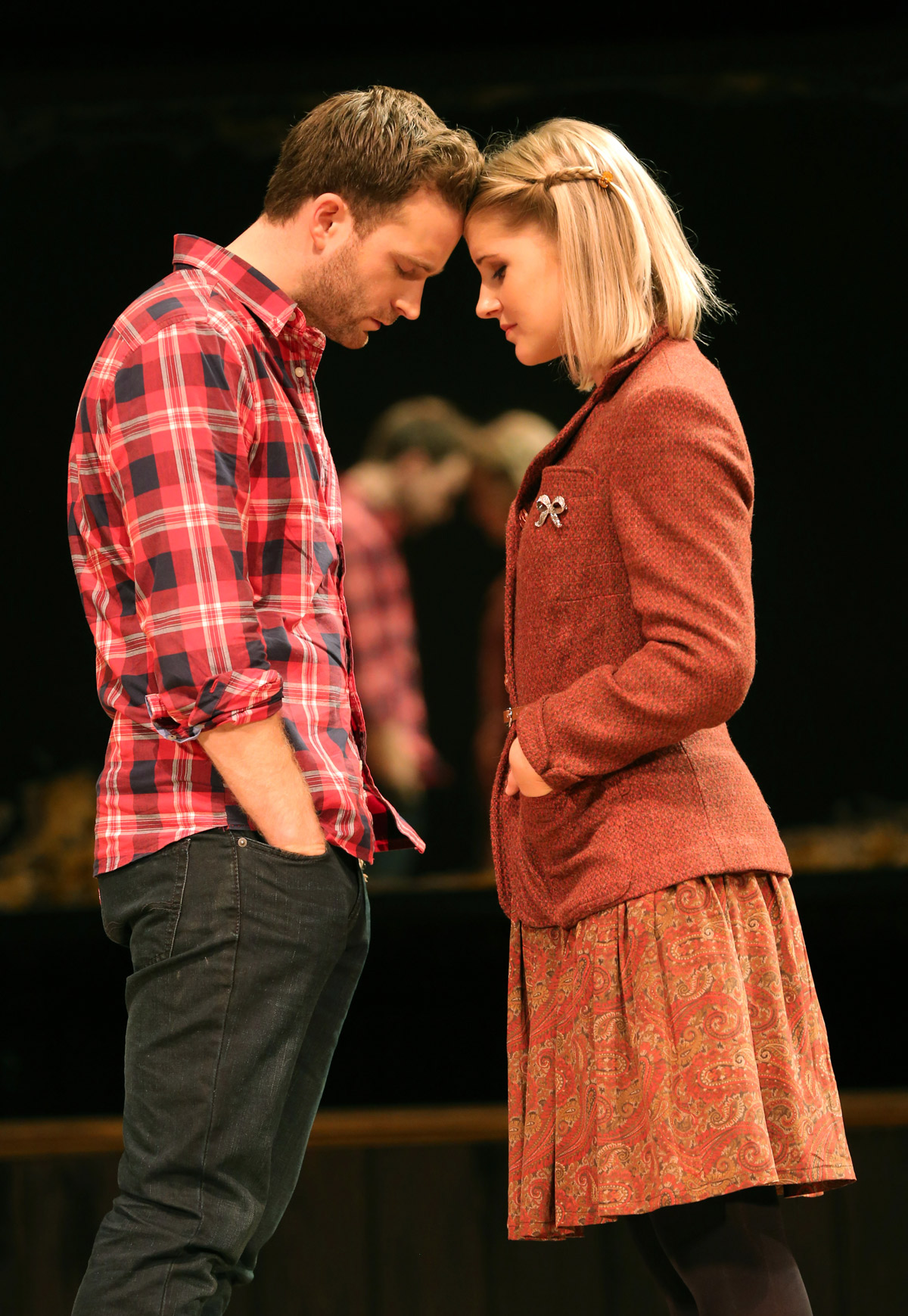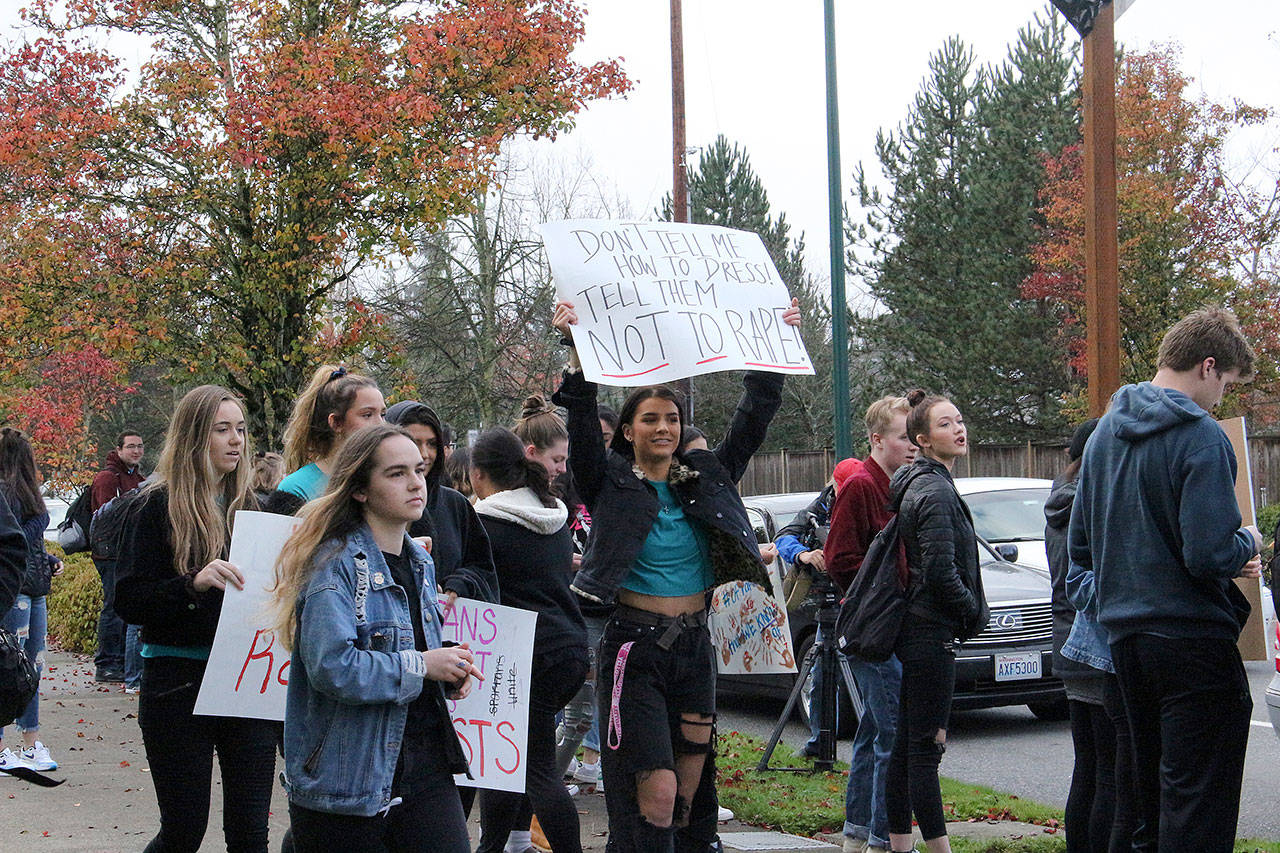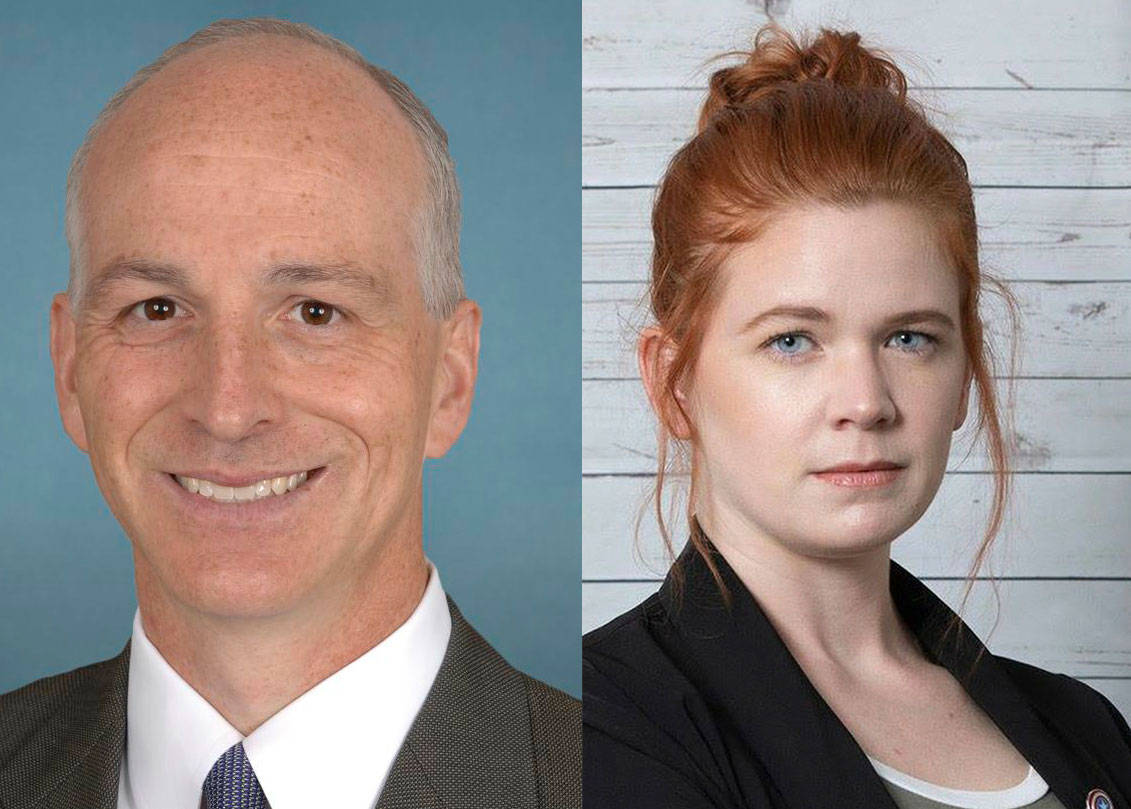Wednesday, May 21
The Dune
A man is discovered one morning sleeping on a French beach, looking like washed-up driftwood; taken to the local hospital, he refuses to say anything about who he is or how/why he ended up there. What ensues is a sort of one-way-mirror mystery: We know his backstory, the broken marriage and the rest, because it constituted the first third of Yossi Aviram’s film. Reuven, a detective from Paris’ missing-persons bureau, though, doesn’t, and it’s surprisingly absorbing watching him piece together the man’s past—and of course uncover still more about him we never suspected. On the verge of retirement, Reuven (Niels Arestrup) can’t help taking this one last case, to wash away the bitter taste of the previous one. (Mathieu Amalric, the weaselly Serge X in The Grand Budapest Hotel, is wonderful here in the tiny role of a reclusive, misanthropic writer.) The Dune’s 80 minutes are masterfully constructed and utterly fat-free, with the concentration of a short story yet spaciously paced. Plus there’s countryside footage—almost as ravishing as that of the recent Catherine Deneuve road-trip film On My Way—that’ll make you want to board the next flight to France, skip Paris, rent a car, and just drive. SIFF at Lincoln Square (Bellevue), 324-9996, siff.net. $10–$12. 9:30 p.m. (Also: Pacific Place, 11 a.m. Fri., May 23 & SIFF Cinema Uptown, 9:30 p.m. Wed., May 28.)
GAVIN BORCHERT
Friday, May 23
Easy Rider
I miss Dennis Hopper (1936–2010). After directing this unlikely 1969 hit, the Gone With the Wind of the counterculture, his career fluctuated wildly from obscurity to go-to psycho in movies good, bad, and indifferent. Apocalypse Now rescued him from a decade in the desert, a Hollywood exile caused equally by The Last Movie and his druggy unreliability (maybe those last two points are the same). How exactly did Easy Rider capture the ’60s zeitgeist? The soundtrack, of course, which includes “Born to Be Wild,” “If Six Was Nine,” and “The Weight.” It’s a road movie, which always helps; nothing’s more American than a journey. Drugs and disillusionment also permeate the film. Hopper’s and Peter Fonda’s two travelers aren’t specifically fighting the establishment; neither one announces himself to be a rebel, but they’re cool outsiders to the system. The American flag on Fonda’s jacket is somewhat ironic, perhaps disrespectful, but it’s also a signal of a new national order. These aren’t the stars and stripes raised over Iwo Jima or draped on the caskets of soldiers returning from Vietnam. There’s a protest, but also an affirmation. Four decades later, Tea Party candidates would claim to be “taking our country back,” and I think that’s exactly the mood conveyed—in just the opposite direction—in Easy Rider. The film is a critique of a nation on the wrong track. Fonda’s famous line, “We blew it,” captures the mood not just of the movie but of its audience. If, earlier in that decade, the times were a-changin’, Easy Rider refutes that optimism. In a way, it predicts Nixon’s second term, Watergate, Reagan, and the four-decade decline of the middle class. Hopper and Fonda would live long enough to see all that, even if their characters didn’t. (Through Thurs.) Grand Illusion, 1403 N.E. 50th St., 523-3935, grandillusioncinema.org. $5–$7. 7 p.m.
BRIAN MILLER
Tuesday, May 27
Once
When it was released in 2007, Once became an unexpected international hit. It wasn’t for originality. The movie told a familiar tale: boy meets girl, boy loses girl, boy gets girl. But the story of a struggling Dublin busker and a Czech immigrant brought together by a passion for music resonated with audiences because of that music—swelling acoustic sing-song ballads woven with Glen Hansard’s husky, ascending baritone and Marketa Irglova’s plaintive alto, two voices that blended so pleasantly that it was impossible to believe that they weren’t meant for each other. It was difficult to imagine any other singers pulling off the intimate chemistry, but Once was bound for Broadway, and five years later earned a boatload of Tony Awards for a stage translation that exchanges some of that intimacy for rollicking performances, with full Irish-folk instrumentation provided by an ensemble cast. It’s clearly a very different experience from director John Carney’s shaky close-ups and poetic tracking shots (his new musical romance, Begin Again, plays SIFF this weekend and opens in July). But the songs by Hansard and Irglova are still here, as is the simple story that, if nothing else, gives them a reason for existing. (Through June 8.) The Paramount, 911 Pine St., 877-784-4849, stgpresents.org. $25–$100. 7:30 p.m.









